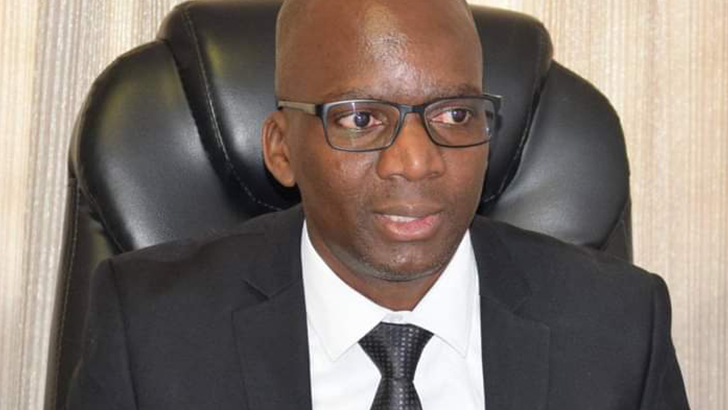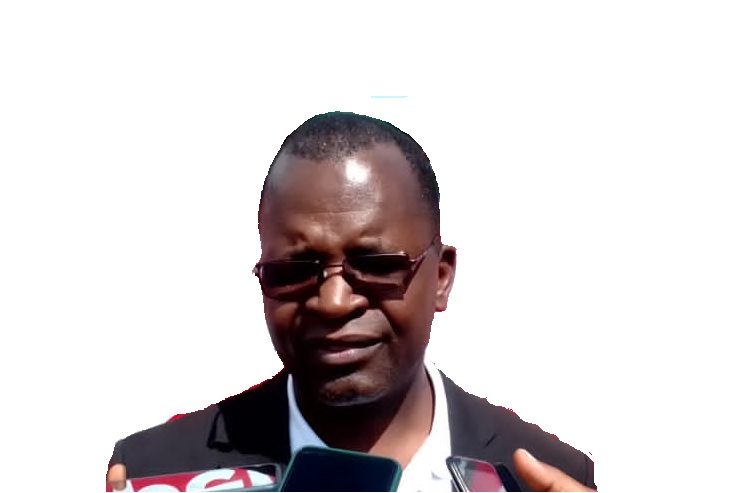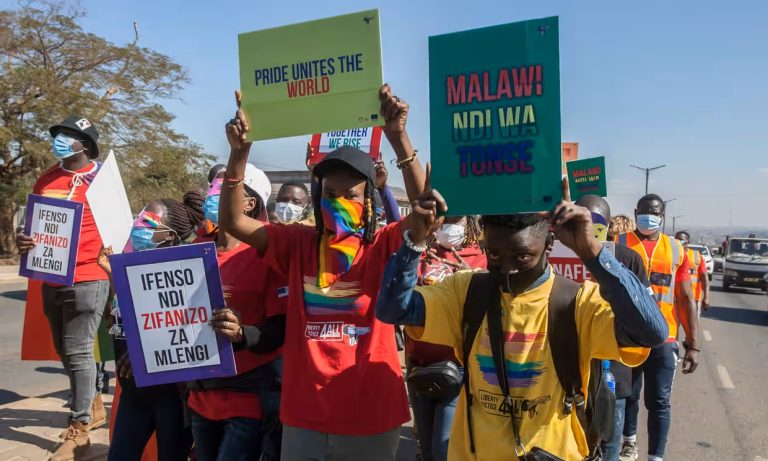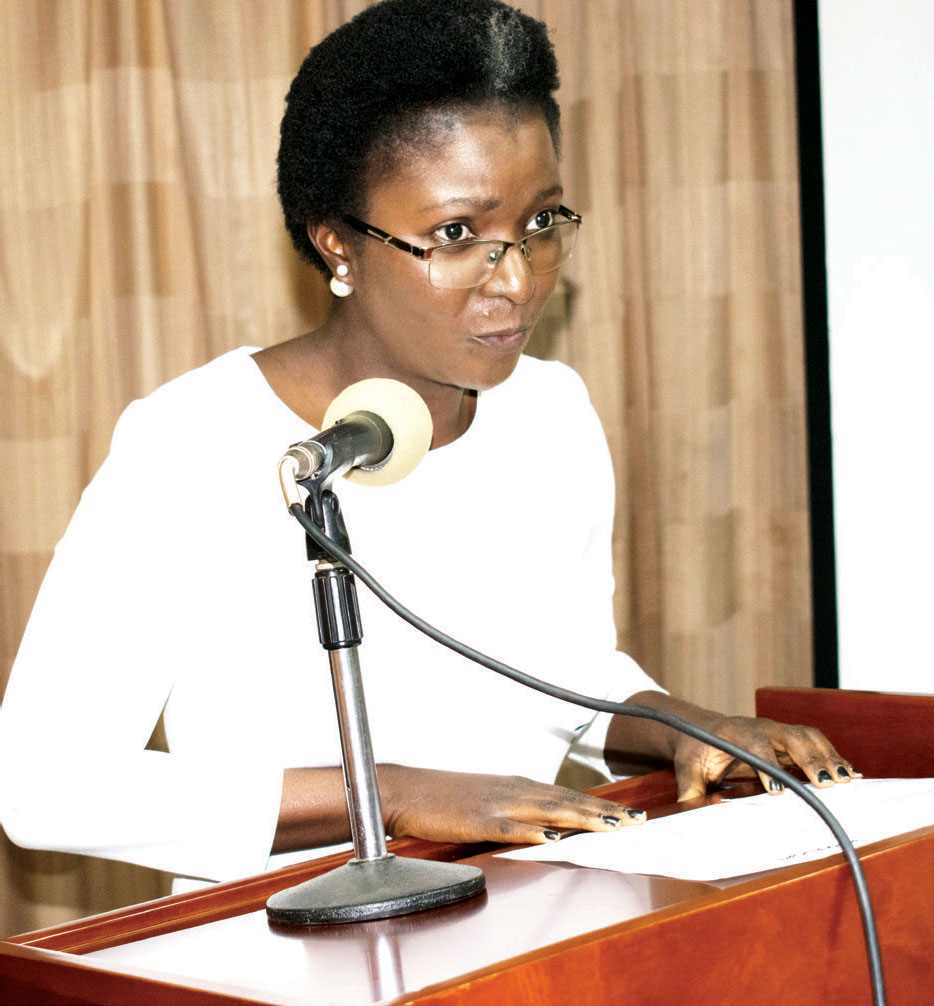By PIJ Reporter
Public servants and some politicians have allegedly committed fraud by submitting false and inflated invoices with the intent to defraud a Salima based Government sugar company money amounting to over K15 million (USD 20,000).
The Salima Sugar Co. Ltd. which is a public limited company registered under the Companies Act, Malawi with 60% of its shares held by the promoters (Aum Sugar Co. Ltd.) and 40% by the Government of Malawi acquired a sugar mill from India whose actual cost is USD 15 million but was allegedly bought at USD 35 million.
Secretary to the Salima Sugar Company that produces and sells sugar has however said is not aware of how the machinery at the estate was procured and therefore cannot explain how the company was established.

Following these revelations, the Human Rights Defenders Coalition (HRDC) has taken it upon itself to write the Anti-Corruption Bureau (ACB) to investigate allegations of fraud and corruption at the sugar company which both grows its own sugarcane as well as procures cane from small-scale sugar growers for sugar production.
HRDC Chairperson Gift Trapence wrote ACB Director General on 11 February 2021 to investigate how the company procured a sugar mill and compensated local inhabitants who were displaced by the sugar company.
“We have information that Green Belt Authority purchased sugar mill capable crushing 1000 tonnes per day allegedly at USD 35 million in India. However, it is alleged that the actual cost of this mill is USD 15 million. It is alleged that the USD 20 million was shared between public servants and politicians” Trapence alleged in the letter
The human rights coalition wrote that some public servants and politicians allegedly shared the big chunk of money that was meant to compensate the displaced local inhabitants who were allegedly paid little money.
ACB which has acknowledged receipt of HRDC letter says the bureau will look into the allegations.
This is not the first time that HRDC has been on the case of the company as it also wrote ACB in January this year asking it to investigate the company over allegations of tax evasion and money laundering.

The Salima Sugar Company Secretary Charles Thupi said responded to HRDC second letter.
The sugar mill was procured under Line of Credit (LOC) of 100 US million from government of India which was operated by ministry of finance. The contract was awarded to government of Malawi in 2012-13 and the mill was installed by Apollo international, between, 2013-15. It was registered on 22 October 2015 and found sugar mill in question already installed at the estate.
“The company is not privy on how the factory machinery was procured,” he insisted.
He explained that while the price of estimation of the mill could be correct, the company has no idea how the contracts were awarded and in case HRDC is proved right then this will affect the shareholding.
Thupi also explained that the Salima Sugar Company is responsible for the development of 4000 hectors of land under Green Belt Authority.
At the time the company started its operations in July 2017, Thupi clarified that the land allocation had already been done.
“The above information is 100 percent correct and we hope that it will help you direct the investigation to the proper quarters” he said.
The company also dismissed another HRDC attempt, which through another earlier letter, accused officials of Salima Sugar Factory of money laundering and tax evasion.
HRDC wrote ACB, the Financial Intelligence Authority and the Ministry of Trade to investigate the suspected case of the money laundering and tax evasion at the company.
HRDC alleges further that the factory has failed its obligation to remit 12 million shares to the government.

Another serious accusation borders on corporate dishonesty where HRDC alleges that, the sugar factory has been importing white sugar from Tanzania and repacking it when it gets in the country.
Trapence, said they want ACB and the other entities to investigate the company, which employs over 4,000 labourers annually and has 200 permanent employees, because shares of Malawians in the company are at stake.
Trade Principal Secretary Christina Chatima while confirmed receipt of the letter, said they could not act as it is not the ministry’s mandate to investigate money laundering allegations before quickly saying they will instead look into the issue of importing white sugar from Tanzania.
In a letter dated January 19 2021, HRDC says, the Democratic Progressive Party Government guaranteed a loan of $18 million from Export Development Fund and another loan worth $6 million from CDH Investment Bank.
The human rights coalition of civil societies further alleged that the company does not release financial statements and does not remit dividends to Malawi Government.
Thupi said all these allegations are false and baseless.
To begin with, the company never got any $18 million loan from EDF, neither the said $6 million loan from CDH. He said if anything the loans were taken by Greenbelt Authority and was guaranteed by government in order for the company to develop irrigable land for medium-scale farmers and small-scale farmers.
The company is merely an implementing agency which has so far, developed 1,400 hectares out of 2,000 hectares. According to terms of the agreement, after eight years, the company will give back the farmers the developed land.
Thupi also said his company has no import licence which makes it mind boggling that HRDC is alleging that they are importing white sugar from whatever country and repack for sale in Malawi or any other country.
“Salima Sugar produces brown sugar and does not produce white sugar. The brown sugar produced is sold through distributors,” argued Thupi who advised HRDC to verify with their source and bring evidence.
He also said like any other investor the company is enjoying a tax holiday on imports for machinery for sugar production and irrigation machinery.
“We are, however, tax-compliant on all taxes i.e., Paye [Pay As You Earn], withholding tax and other taxes not covered in the tax holiday. MRA normally checks our tax compliance in accordance with our [Malawi’s] taxation laws,” Thupi said.
Thupi, said the company has been buying sugarcane from medium and small-scale farmers since its inception through their associations, mainly from within Salima and Nkhotakota and therefore the allegations that it is not buying sugarcane from farmers are mere falsehoods.
Last year (2020) Thupi said due to late production, as a result of Covid19, they bought less cane (12000) metric tonnes from the out-growers and it was based on what they agreed with Government and the farmers. In 2019, the company bought 35000 metric tonnes from out-growers.
“Our buying price is competitive and the best on the market,” he boasted.

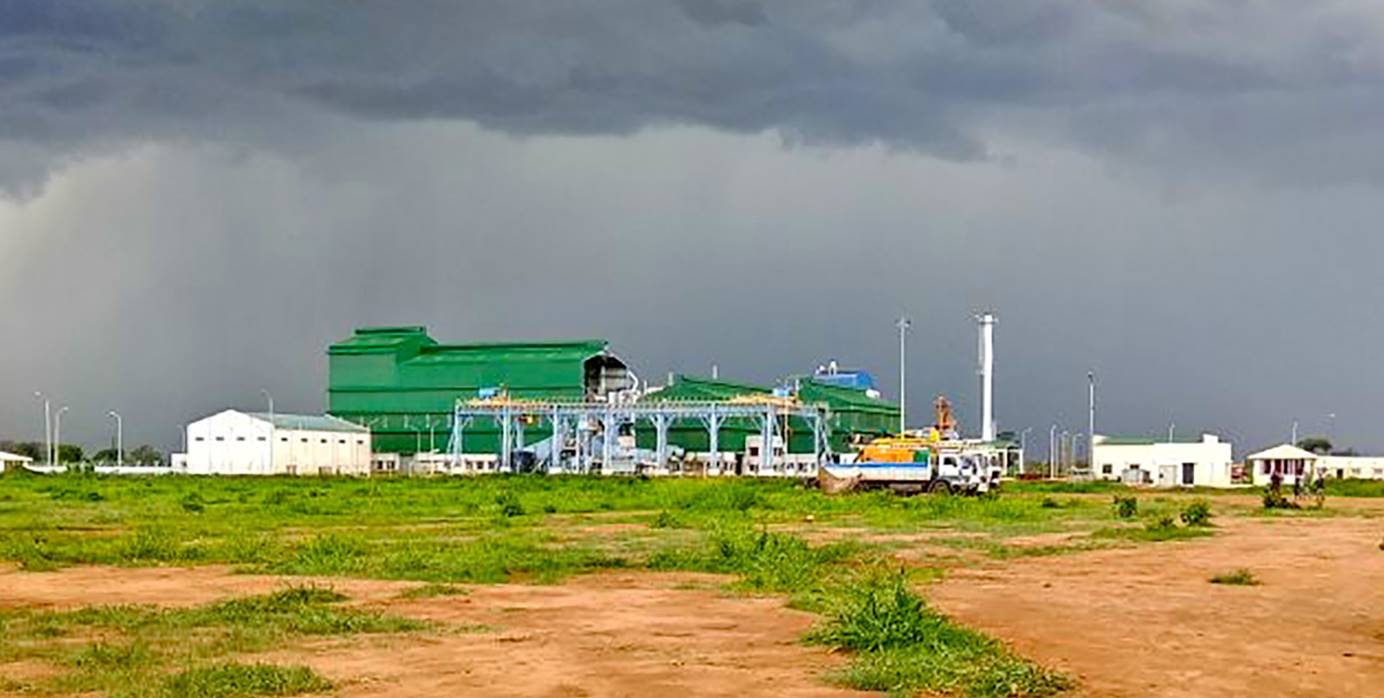

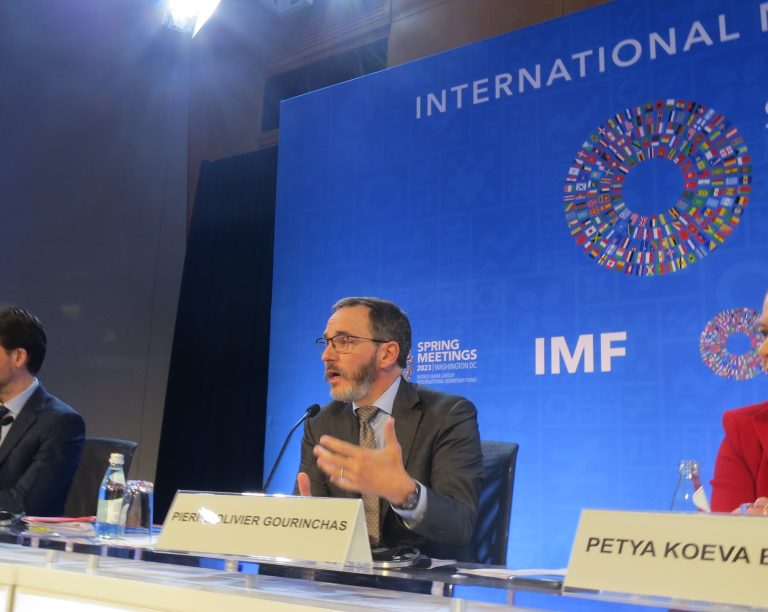
.jpg)
